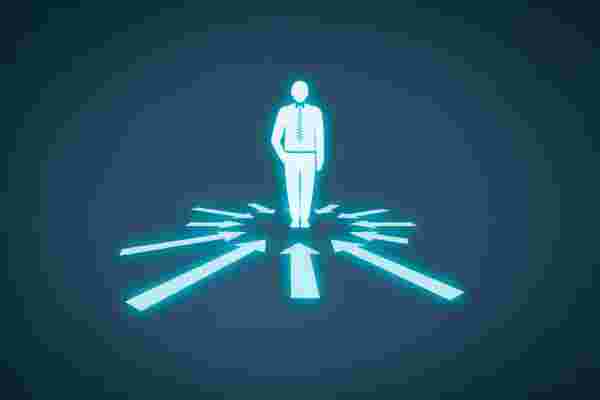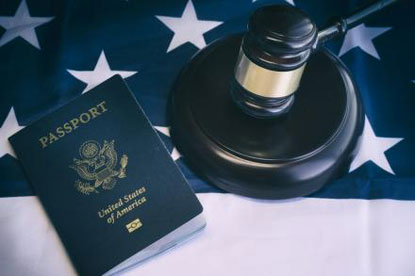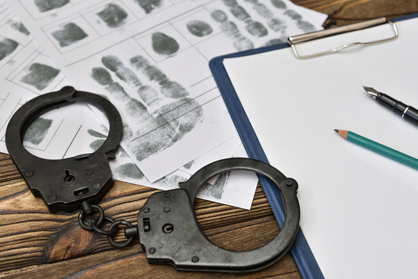
In a recent lawsuit against Tesla, attorneys have requested the opportunity to depose Elon Musk to inquire about his previous statements concerning the safety and reliability of the company’s self-driving features. However, Tesla’s legal team has implemented an unexpected defense strategy, suggesting that the statements might have been digitally altered deepfakes.
Surprisingly, Tesla’s lawyers admit uncertainty regarding the authenticity of the statements. This raises the question of whether this issue could be addressed during a deposition. Judge Evette D. Pennypacker, presiding over the case in California, finds Tesla’s argument “deeply troubling to the court,” highlighting the potential for public figures like Musk to hide behind the possibility of their recorded statements being deepfakes.
Judge Pennypacker’s order remains tentative, allowing the parties involved an opportunity to present their case and potentially alter her decision. However, it would be wise for Tesla’s legal team to distance themselves from this argument and regain credibility by pursuing a different approach.
Acknowledging the seriousness of deepfake technology, which poses significant challenges to intellectual property rights and raises concerns about fraud is important. Nevertheless, the focus has shifted to its potential impact on the civil discovery process. As deepfake technology becomes increasingly sophisticated, more lawyers may attempt questionable arguments, similar to the one presented by Tesla’s legal team.
Don’t settle for a mediocre legal job. Search BCG Attorney Search for the best opportunities!
The implications of deepfakes in the realm of discovery are significant. The reliability of audio and video evidence is becoming a battleground for attorneys and digital forensic experts, especially in high-profile cases. However, even under the best circumstances, the claim of “this is a deepfake” does not serve as a valid excuse to avoid a deposition entirely.
Curiously, Tesla did not explicitly assert that the statements were deepfakes. Instead, they questioned the possibility, suggesting that the videos could have been manipulated. If this is their stance, it would require Musk to testify under oath that he did not make the recorded statements, prompting a jury to determine the credibility of his claims against the visual evidence.
The sheer absurdity of Tesla’s argument lies in the fact that by raising doubts about the authenticity of the videos, they inadvertently highlight the importance of Musk’s sworn testimony. To win their case, Tesla would need to convince the trier of fact that Musk genuinely believes he did not make those statements, thus justifying a thorough evaluation of his credibility during the deposition.
One cannot help but wonder if Tesla’s legal team fully comprehended the ramifications of their argument. By contesting the validity of the videos, they inadvertently emphasize the significance of Musk’s sworn testimony. This approach opens the door for the court to assess Musk’s assertion under oath, putting the burden of proof on Tesla to convince the jury to trust their denial over the compelling visual evidence.
As the legal battle continues, how the court will ultimately rule on the deposition request remains to be seen. However, this case serves as a reminder of the increasing prominence of deepfake technology in legal proceedings. Attorneys and digital forensic experts must navigate the challenges posed by deepfakes in the discovery process, ensuring the reliability and integrity of audio and video evidence.
In conclusion, the dispute between attorneys in the Tesla lawsuit highlights the contentious issue of deepfakes and their impact on legal proceedings. While the defense’s argument regarding deepfakes raises concerns, it ultimately underscores the importance of Elon Musk’s testimony under oath. As deepfake technology evolves, attorneys and experts must stay vigilant in evaluating and verifying the authenticity of audio and video evidence. The outcome of this case will not only shape the ongoing litigation but also set a precedent for future disputes involving deepfakes.












































